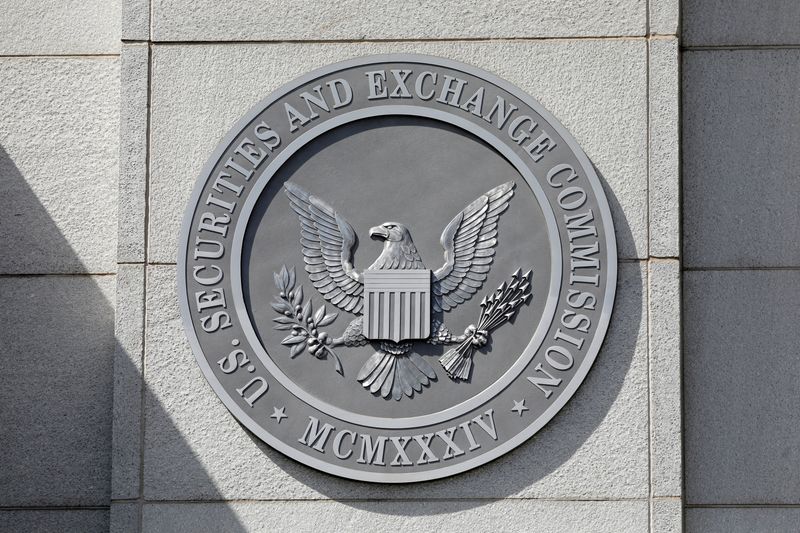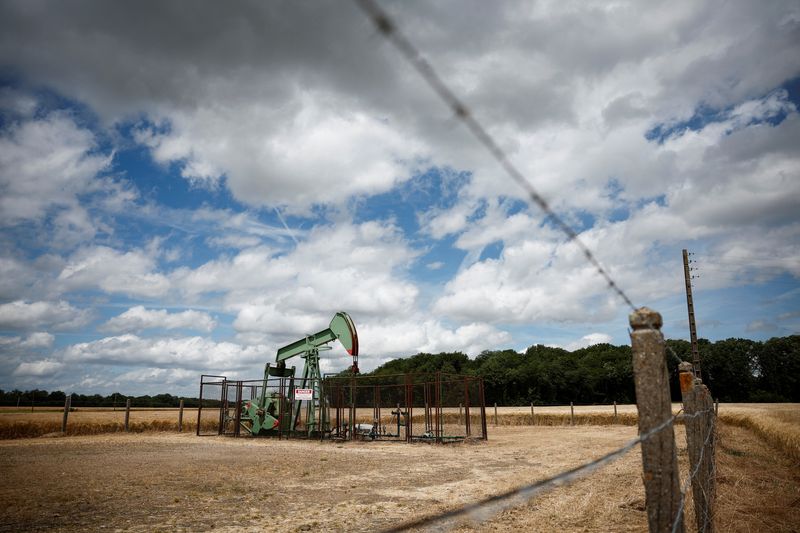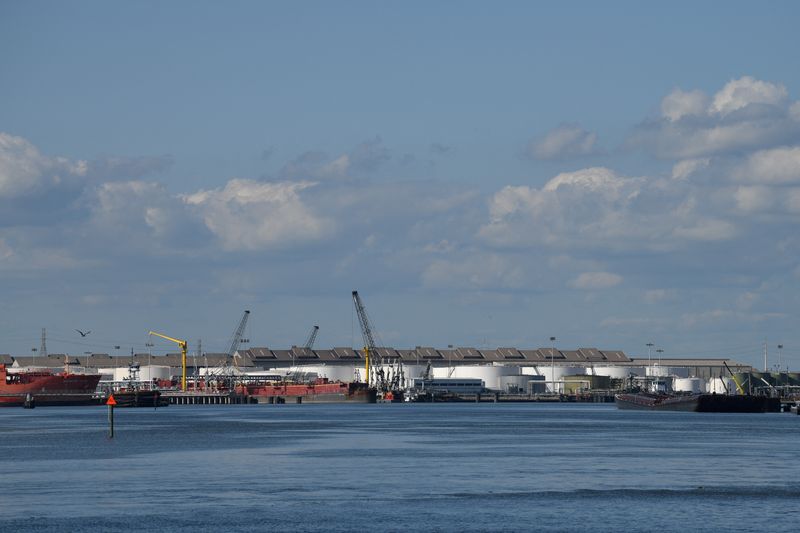
By Arunima Kumar
(Reuters) – Oil prices tumbled by more than $4 a barrel on Monday after Israel’s retaliatory strike against Iran at the weekend bypassed oil and nuclear facilities and did not disrupt energy supplies.
Both Brent and U.S. West Texas Intermediate crude futures hit their lowest since Oct. 1 at the open. By 0915 GMT Brent was down $4.12, or 5.4%, at $71.93 a barrel while WTI dropped $4.03, or 5.6%, to $67.75.
The benchmarks gained 4% last week in volatile trade as markets priced in uncertainty over the looming U.S. election and the extent of Israel’s expected response to the Iranian missile attack on Oct. 1.
Scores of Israeli jets completed three waves of strikes before dawn on Saturday against missile factories and other sites near Tehran and in western Iran in the latest exchange between the Middle Eastern rivals.
The geopolitical risk premium that had built in oil prices in anticipation of Israel’s attack came off, analysts said.
There can be no doubt that Israel’s response has been heavily influenced by the Biden administration ahead of the U.S. election, said John Evans at oil broker PVM.
Commonwealth Bank of Australia (OTC:CMWAY) analyst Vivek Dhar, meanwhile, does not expect any speedy de-escalation to conflict in the Middle East.
“Despite Israel’s choice of a low-aggression response to Iran, we have doubts that Israel and Iran’s proxies (Hamas and Hezbollah) are on track for an enduring ceasefire,” he said in a note.
Citi lowered its Brent price target for the next three months to $70 a barrel from $74, factoring in a lower risk premium in the near term, analysts led by Max Layton said in a note.

“Rhetoric from OPEC+ ministers in coming weeks around the unwinding of quotas will be a key driver for prices, with a postponement of the production increases becoming more likely due to the soft fundamental outlook and high break-even prices needed for most cartel members,” said Panmure Liberum analyst Ashley Kelty.
The Organization of the Petroleum Exporting Countries (OPEC) and its allies, a group known as OPEC+, kept oil output policy unchanged last month, including a plan to start raising output from December. The group will meet on Dec. 1 ahead of a full meeting of OPEC+.
This post is originally published on INVESTING.






